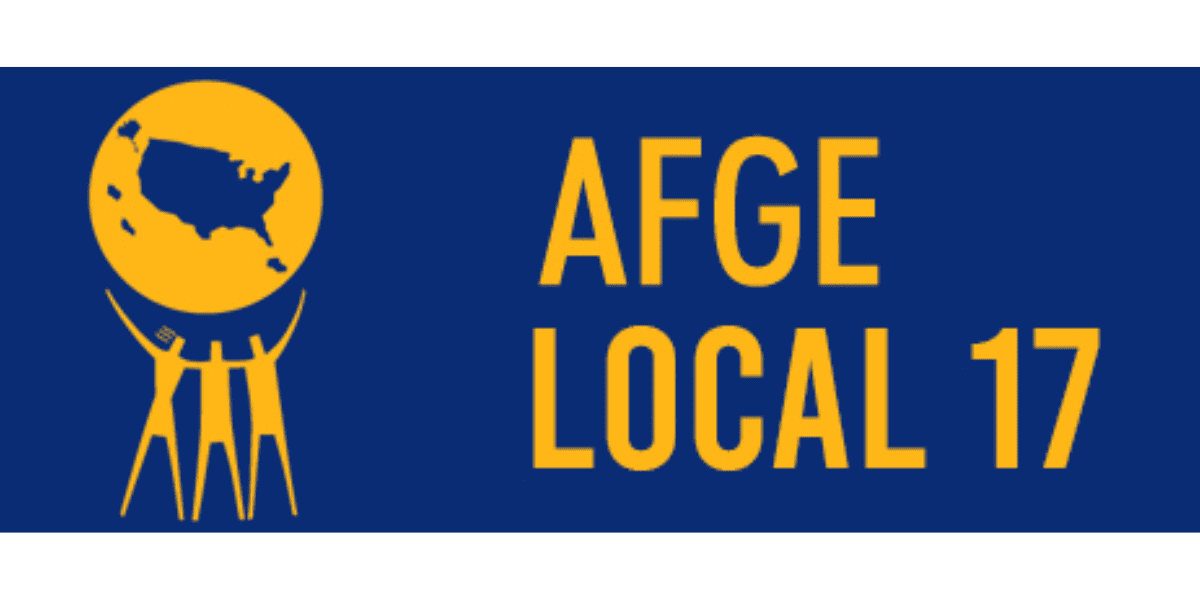ROCHESTER, N.Y. (WHEC) — Many viewers have written to News10NBC with the same two questions:
Is it legal to deny someone service if they are not vaccinated?
Is it a violation of HIPAA to ask customers for proof of vaccination or a negative COVID test?
So, Emily Putnam went to legal expert Karen Sanders, senior counsel with the firm Tully Rinckey PLLC, to get some answers.
Emily: “From a legal perspective, is it technically considered discrimination for a business to treat one group of people differently than another?”
Karen Sanders: “It is not, because discrimination is defined by the various statutes. So, you have to be discriminating against someone because they are in a particular protected class”
In New York State, current protected classes include race, color, national origin, religion, sex, age, disability, citizenship status, and others, but vaccination status does not make the list.
“There really isn’t a claim of discrimination because it’s not a protected class under any of the discrimination statutes,” Sanders said.
Another reason why discrimination claims are not likely to be successful is that many businesses now offer several options for how services are delivered. For example, if a grocery store denies you in-store service because you’re unvaccinated and don’t want to wear a mask, there’s a good chance you could still get your groceries through contactless pick-up or delivery.
As far as the HIPAA question, while it might feel a bit personal to offer up medical information to a business, legally it is not a violation of HIPAA for businesses to ask for proof of vaccination.
“They can ask for your card and if you don’t want to give it, then they have the choice to say well then you can’t come into our business,” Sanders said.
The purpose of HIPAA is to prevent medical and insurance companies from releasing your personal information, but it does not stop private businesses from asking for it.
“What people don’t understand is it only applies to medical entities and insurance companies who get this personal, protected information,” Sanders said. “And you have no private cause of action under HIPAA.”




